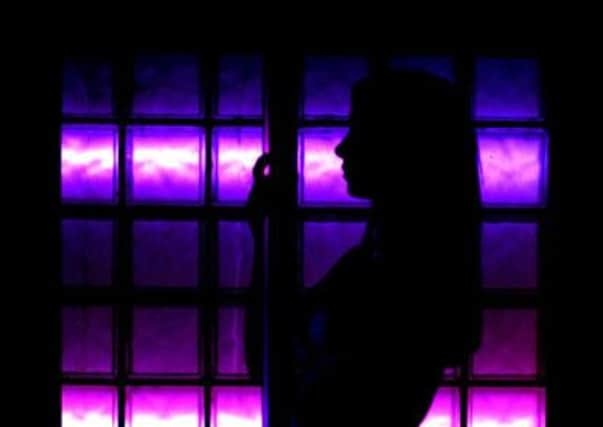Red-tape headache for Leeds council licencing bosses over fees for lapdancing clubs?


Leeds City Council currently charges £4,314 to process and grant new applications for SEVs (sexual entertainment venues), and £3,400 to change an existing licence.
However a landmark High Court case - taken out against a London borough council for its £29,000 charge for SEV licences - has forced bosses to start rethinking their strategy.
Advertisement
Hide AdAdvertisement
Hide AdThe judgement concluded that while local authorities were entitled to charge fees above and over the basic administration costs, including possible future enforcement action, questions still remain over whether they can charge both these elements upfront.
It means some venues might now start demanding refunds for any non admin fees already charged, leading to a potential headache for council bosses. A meeting of the council’s licensing committee was told that “we are expecting to receive correspondence from [sexual entertainment venues] in our area to see if any fees are to be refunded”.
Fees for lapdancing club licences have fluctuated in the last few years in Leeds, after the council carried out a number of internal reviews, calculating the number of hours it takes to process applications and associated costs.
City campaigners and decision-makers have also been waging a very public moral war on the venues.
Advertisement
Hide AdAdvertisement
Hide AdThe number of lapdancing clubs in the city was slashed after Leeds City Council changed its policy in 2013.
New guidelines gave the authority powers to prevent strip joints from operating in “sensitive” areas such as near schools, religious or public buildings.
The move was hailed as a long-awaited victory for campaigners and within months, Leeds’s array of seven strip clubs was cut. The current policy determines that a maximum of four SEVs can operate in the city centre.
The policy, which the council said was prompted by “strong public concern”, was drawn up by a working group following a survey of over 1,800 members of its Citizens Panel.